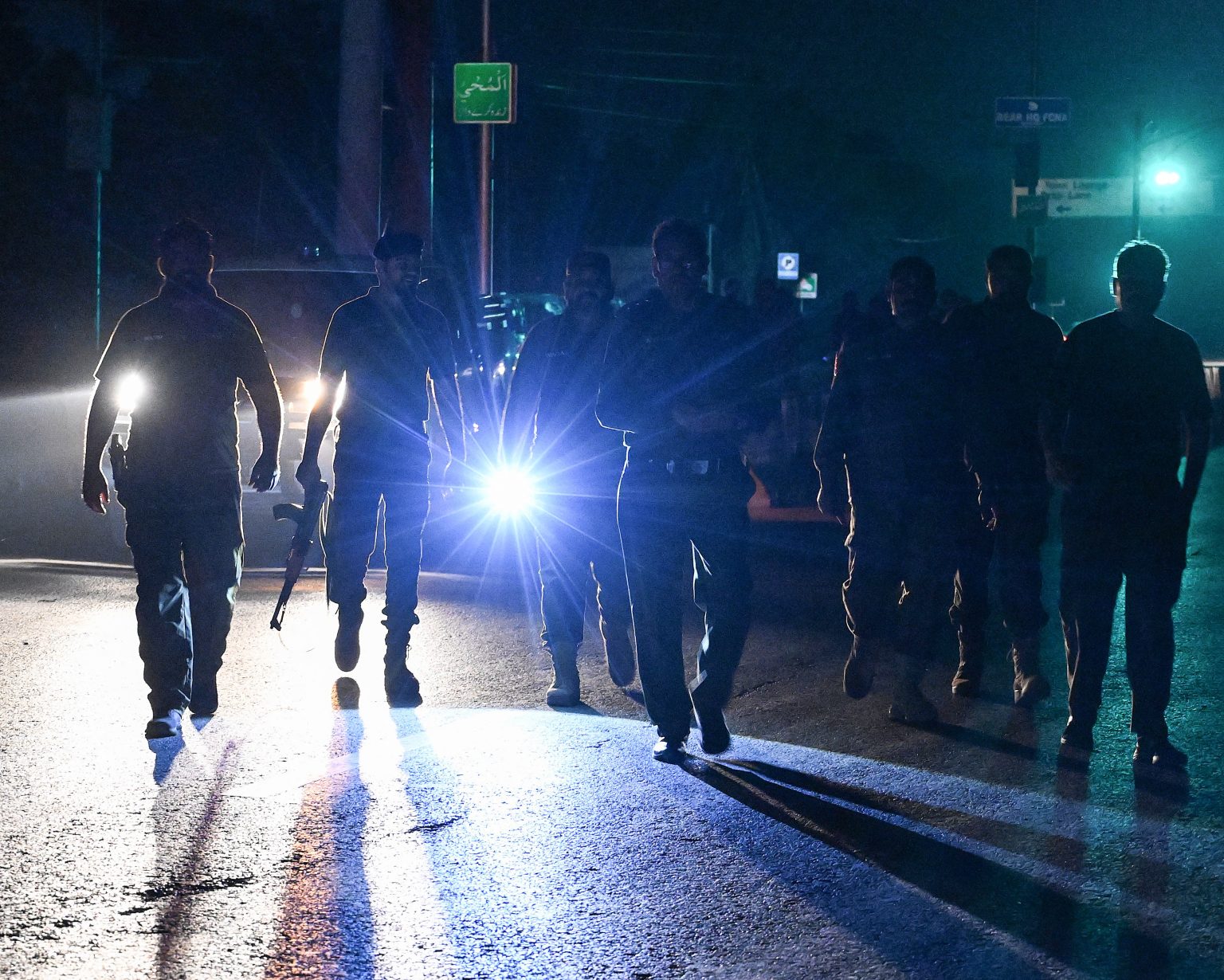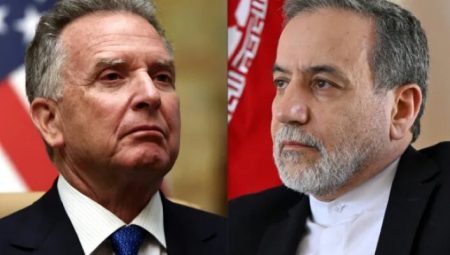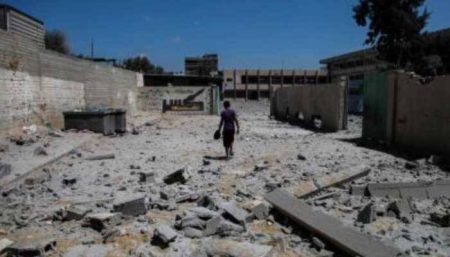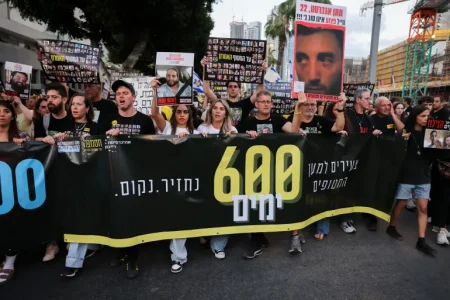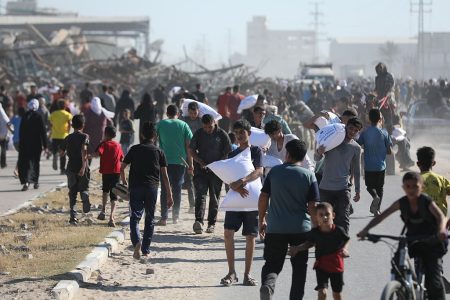Pakistan began retaliatory strikes against India after accusing it of firing missiles at three of its key military bases. This escalation occurred on Saturday morning, heightening tensions between the two nuclear-armed neighbors. According to Pakistani military spokesperson Ahmed Sharif Chaudhry, India launched six surface-to-air missiles targeting Nur Khan, Murid, and Shorkot bases. Pakistan intercepted most of these missiles, but the situation quickly escalated. Pakistan’s military has named its response Operation Bunyan Ul Marsoos, a term from the Qur’an meaning “wall of lead.”
Retaliation and Escalation
Pakistan’s military responded swiftly after India’s missile strikes. The retaliation was aimed at strategic Indian military sites, including the Pathankot airfield, BrahMos missile storage in Punjab, and Udhampur airbase in Jammu and Kashmir. Explosions and anti-aircraft gunfire echoed around these locations, with residents in nearby cities, like Srinagar, reporting loud sounds and visible smoke. As tensions rose, Pakistan shut down its airspace to prevent further damage.
India’s Response and Military Preparedness
India did not immediately confirm the missile strikes but reassured the public that its military was on high alert. The Indian Ministry of Defence stated that all aerial threats were being tracked and neutralized using counter-drone systems. India also reported destroying several drones along the Punjab border, which Pakistan allegedly sent. The two countries have accused each other of using drones to provoke further conflict, making the situation more volatile.
Civilian Impact and Security Measures
The attacks on military bases have also impacted civilians. In Pakistan, explosions near Nur Khan airbase caused panic among local residents. Many reported being woken up by the blasts, and others fled their homes in fear. In response, the Pakistani government imposed airspace restrictions, disrupting civilian flights. In India, cities like Amritsar and regions in Kashmir were put on red alert, with residents told to stay indoors. Authorities also enforced blackouts in some areas.
Diplomatic Tensions and International Reactions
The international community has expressed concern over the conflict’s rapid escalation. Pakistan’s Prime Minister convened a meeting of the National Command Authority to discuss military responses and nuclear strategy. Pakistani officials emphasized that their military actions were focused on India’s military infrastructure and that they had taken measures to avoid civilian harm. Ahsan Iqbal, Pakistan’s planning minister, underscored the importance of preventing any escalation that could breach nuclear thresholds.
In a diplomatic effort to ease tensions, U.S. Secretary of State Marco Rubio called Pakistan’s army chief, General Asim Munir, on Saturday morning. Rubio urged both sides to de-escalate the situation and offered U.S. assistance to facilitate dialogue. Global powers are closely monitoring the situation, hoping for a peaceful resolution.
Background: A History of Conflict
The latest violence is part of a larger pattern of conflict between India and Pakistan, which have fought multiple wars since their 1947 partition. This current escalation began after India launched missile strikes earlier this week, killing 31 people in Pakistan. Those attacks were a response to an assault in Kashmir, which India blamed on Pakistan-backed militants.
Earlier, India accused Pakistan of launching a drone attack targeting civilian and military sites across northern India. While Pakistan denied involvement, Indian authorities claimed to have intercepted many drones that came across the border. This back-and-forth only intensified tensions, setting the stage for the latest military exchanges.
Global Concerns and the Threat of War
With both nations holding nuclear arsenals, the international community is particularly concerned about the potential for war. Military experts fear that any misstep could lead to a devastating regional conflict. Despite these fears, both countries have continued to engage in strikes, and a diplomatic solution remains uncertain.
The situation is far from stable, and analysts warn that any further provocation could lead to a full-scale war. Diplomatic efforts, however, remain critical in preventing further escalation.





